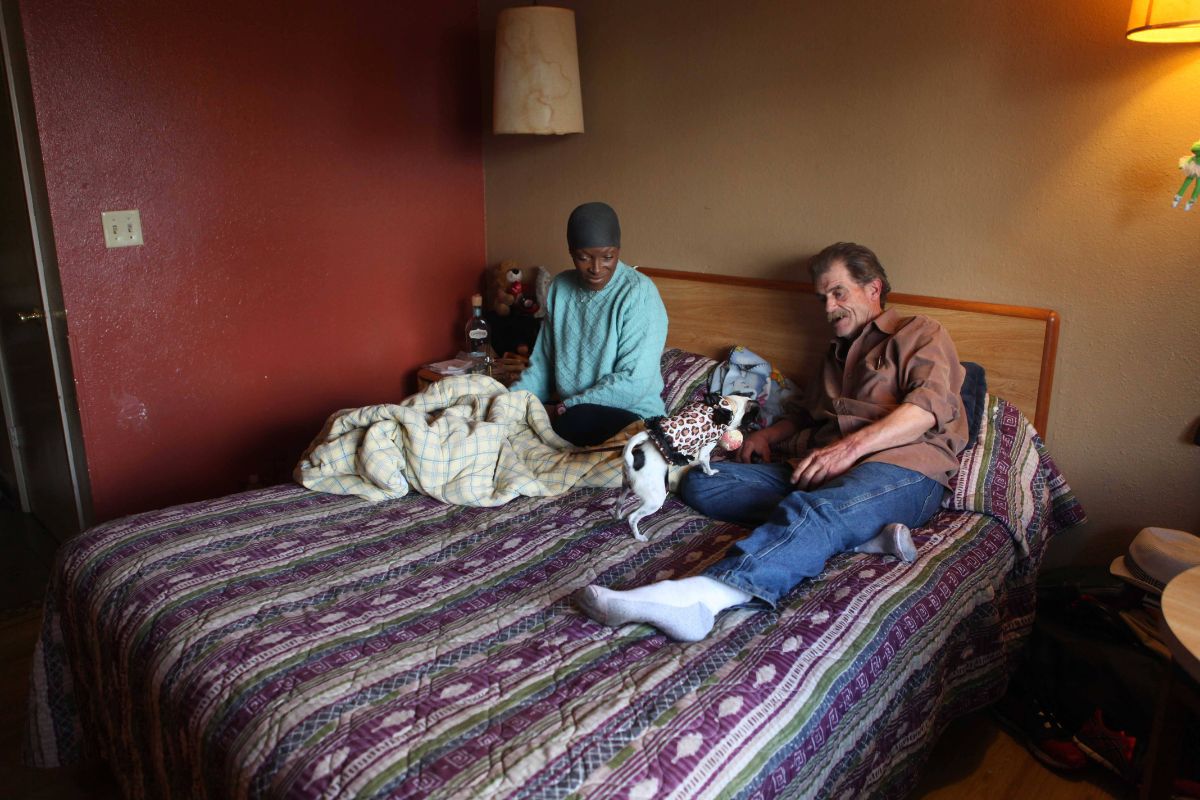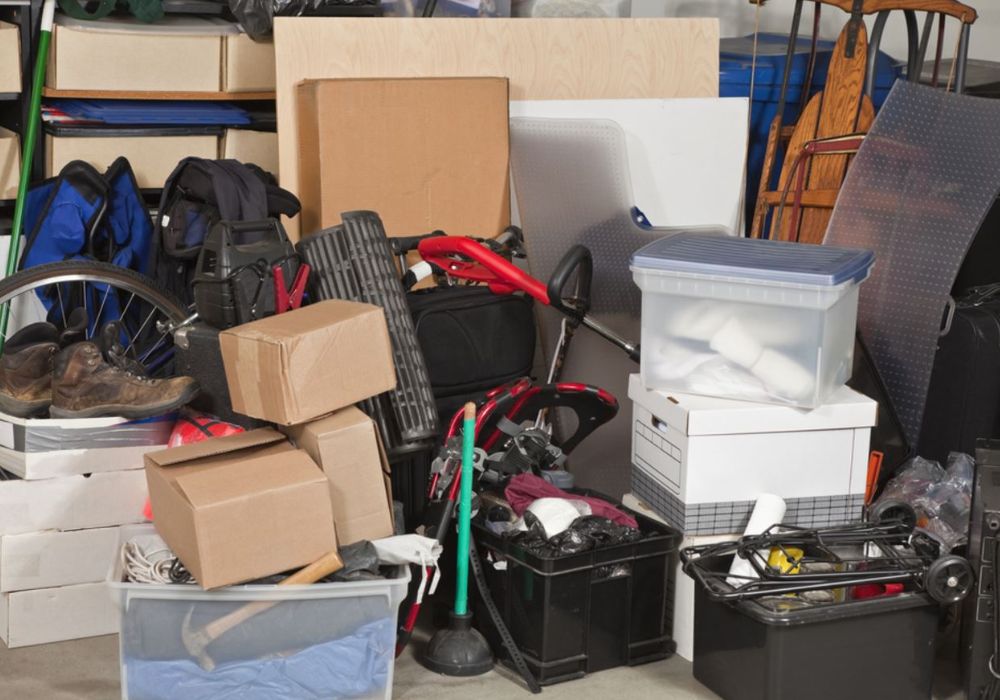Having access to a functioning toilet is essential for tenants to live in a habitable rental property. If a toilet breaks or becomes unusable, landlords are obligated to address the issue in a timely manner.
In this article, we will explore tenant rights regarding toilet availability and answer how long a landlord can reasonably leave a tenant without this basic sanitation facility before it becomes a legal issue.
How Long Can a Landlord Leave You Without a Toilet?
Legally, landlords are expected to rectify a lack of toilet facilities immediately. Most state laws give landlords between 24 to 48 hours to begin addressing significant problems that impact a property's habitability, such as non-functioning toilets. Without access to sanitation, a living space cannot be considered fit for use.
Tenants should properly notify their landlord as soon as an issue like a broken toilet arises and give them a reasonable window to take action before considering further options.
What Steps Should You Take If Your Toilet Stops Working?
The first step is to contact your landlord or property manager right away to inform them of the problem. Request that the toilet be urgently repaired as it is a matter of health and sanitation. In the meantime, use alternative facilities if possible, such as a neighbor's toilet or public restrooms.
Also take photos or videos of the broken toilet as evidence and keep records of all communication with your landlord regarding the issue and their expected time of repair.
Related: How Long Can Apartment Shut Off Water?
What Are a Landlord's Obligations For Maintenance and Repairs?

Landlords are legally obligated to properly maintain rental properties and fix any issues that could impact habitability, such as plumbing problems.
Under implied warranties of habitability, landlords must provide amenities like running water, heat, electrical systems, and fully-functioning sanitation facilities including toilets.
Major repairs like a broken toilet that prevents access are considered an emergency under housing standards and require immediate attention.
What Are Typical Timelines For Repairing an Essential Item Like a Toilet?
While some flexibility exists depending on circumstances, most states give landlords 1-2 days to begin addressing urgent problems. A broken toilet generally requires repair within 24-48 hours to be considered reasonably quick by legal standards. Beyond this window, landlords risk violating tenant rights and housing codes.
Tenants should be aware of their local laws for repair expectations, but 24-48 hours is a good guideline. Keeping thorough documentation is also important in case disputes arise over response times.
What Should You Do If the Landlord Does Not Fix It Promptly?
If after attempting to work with their landlord a tenant still has no functional toilet after the legal repair period, they have a few options. They can withhold rent in an escrow account until the issue is resolved. Temporary relocation may also be necessary, with the landlord paying costs.
As a last resort, tenants can consult a housing attorney about potentially taking legal action against the landlord for failure to uphold the implied warranty of habitability. Monetary compensation may also be available in some locations.
Does the Landlord Have Different Responsibilities During Certain Times?
In general no, a landlord's obligation to maintain safe and sanitary living conditions applies all year round. However, some flexibility can exist on exact timing of repairs during emergencies or depending on availability of parts/contractors.
Holidays, weekends or natural disasters may lead to temporary extensions if the landlord is actively trying to address the problem. But lack of a toilet is still considered an urgent issue requiring a response within 24-48 hours even during difficult times.
Conclusion
As tenants, we should expect our homes to meet minimum standards for health and function. Landlords have a clear legal duty to quickly resolve problems that impact essential services like plumbing. Without access to a working toilet, living conditions become unsuitable.





